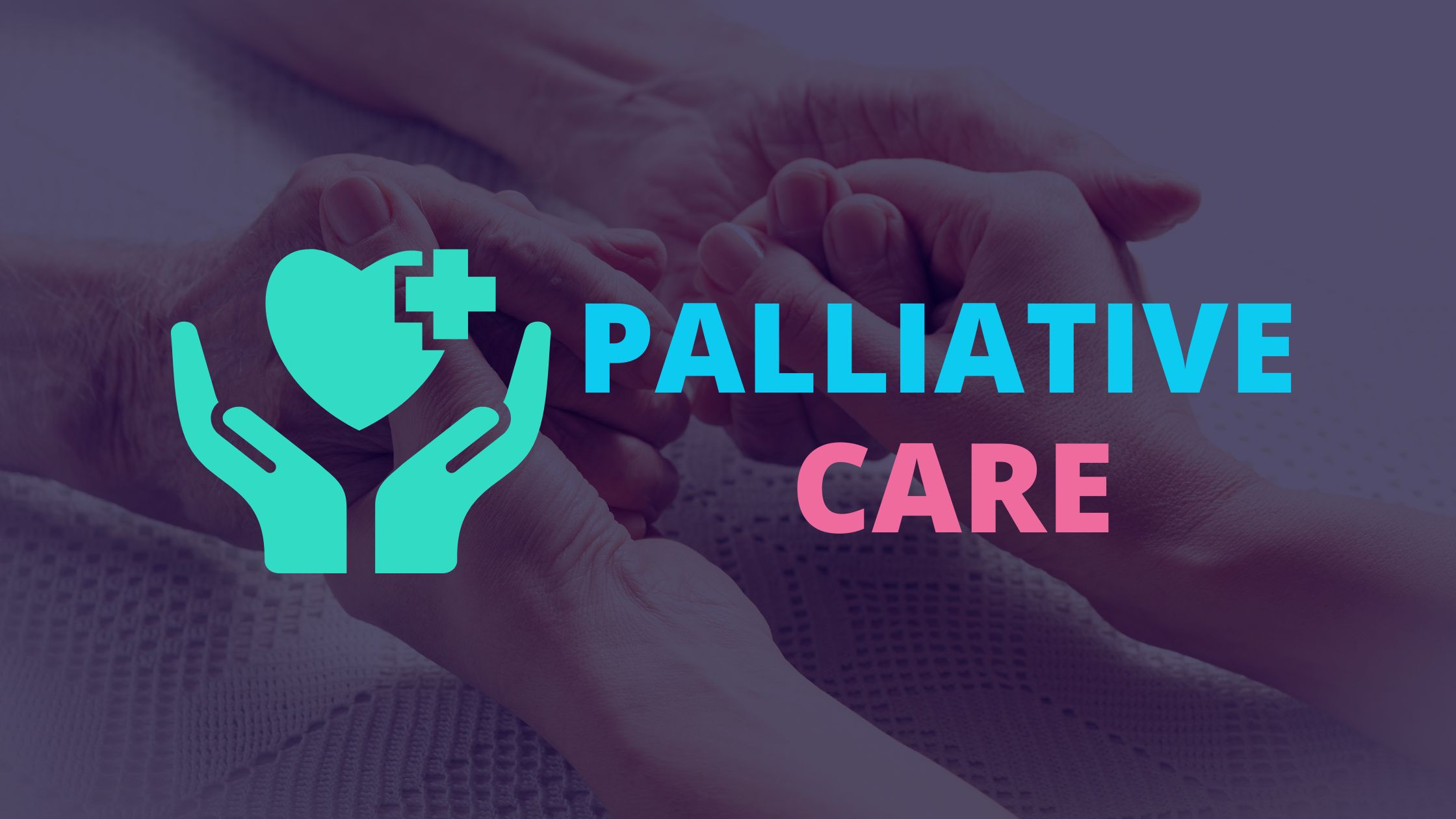Palliative Care: Everything You Need To Know
When faced with a serious illness, the journey can be overwhelming—emotionally, physically, and spiritually. Palliative care is here to change that narrative. It’s not just about treating a condition; it’s about enhancing the quality of life for patients and their families. This holistic approach prioritizes comfort, symptom management, and emotional support, regardless of the stage of illness or treatment path. Whether you’re seeking relief from pain, emotional guidance, or assistance in navigating complex medical decisions, palliative care offers a compassionate support system tailored to individual needs. In this guide, we’ll explore what it entails, why it’s essential, who can benefit, and how to find the right provider for you or your loved ones.

What is Palliative Care?
Definition: Palliative care is a specialized medical approach that aims to improve the quality of life for individuals with serious illnesses. It focuses on relieving symptoms and stress, enhancing comfort and support at any stage of the illness, and can be provided alongside curative treatments.
Goal: The primary goal of is to alleviate suffering for both patients and their families. It addresses physical, emotional, social, and spiritual needs, ensuring personalized care that aligns with the patient’s values.
Why Choose Palliative Care?
Choosing palliative care means opting for a holistic approach to health that prioritizes the well-being of patients and their families. Some key reasons to consider include:
- Symptom Management: Palliative care addresses various symptoms, such as pain, nausea, and fatigue, allowing patients to maintain a better quality of life.
- Emotional and Spiritual Support: This type of care also provides emotional and spiritual guidance, helping patients and families cope with the challenges of serious illness.
- Coordination of Care: Care teams work collaboratively with other healthcare providers to ensure a seamless experience and cohesive treatment plan.
- Improved Communication: Care professionals facilitate discussions between patients, families, and healthcare providers to clarify treatment goals and preferences.
Who Needs Palliative Care?
It is beneficial for anyone facing a serious illness, including:
- Individuals with Chronic Illnesses: Patients dealing with conditions like cancer, heart disease, COPD, or kidney failure can greatly benefit from this care.
- Those Undergoing Aggressive Treatment: Patients undergoing treatments such as chemotherapy or major surgeries may require support to manage side effects and improve their overall well-being.
- Patients with Life-Limiting Conditions: Those diagnosed with conditions that significantly impact life expectancy, such as late-stage dementia or ALS, can find solace in this care services.
Which Services Are Included in Palliative Care?
Palliative care encompasses a variety of services designed to support patients and their families:
- Symptom Management: Addressing physical symptoms like pain, nausea, fatigue, and difficulty breathing.
- Psychosocial Support: Offering emotional and psychological support to patients and their families through counseling and therapy.
- Spiritual Care: Providing spiritual support tailored to individual beliefs and practices, fostering a sense of peace.
- Care Coordination: Assisting in communication and collaboration between various healthcare providers to ensure cohesive care.
- Advance Care Planning: Helping patients express their treatment preferences and goals for end-of-life care.
How to Choose a Palliative Care Provider?
Selecting a palliative care provider involves several important considerations:
- Assessing Qualifications: Look for providers with specialized training in palliative care, including certifications and experience in managing serious illnesses.
- Evaluating Services Offered: Ensure the provider offers a comprehensive range of services that meet your specific needs.
- Checking References and Reviews: Seek recommendations and read testimonials from other patients and families who have utilized the provider’s services.
- Important Questions to Ask:
- What is the approach to symptom management?
- How is the care team structured, and who will be involved in my care?
- What support services are available for family members?
How Much Does Palliative Care Cost?
When considering palliative care, it’s essential to understand the potential costs involved. The price can vary widely based on several factors:
- Type of Service:
- In-Home Care: Home-based care typically ranges from $20 to $50 per hour, depending on the provider and the level of care required.
- Outpatient Services: Clinics may charge a flat fee for consultations or ongoing care, which can range from $100 to $300 per visit.
- Inpatient Care: If this care is provided in a hospital or specialized facility, costs can be significantly higher, depending on the duration of stay and specific treatments.
- Frequency and Duration of Care:
- The total cost will depend on how often care is needed and for how long. Regular visits from healthcare professionals can accumulate, affecting overall expenses.
- Provider Qualifications:
- Care from highly trained specialists or multidisciplinary teams may come at a premium. However, this often translates into higher quality care.
- Insurance Coverage:
- Many insurance plans cover palliative care, especially if it is deemed medically necessary. It’s crucial to verify coverage with your insurance provider to understand what services are included.
- Location:
- Costs can also vary significantly by region. Urban areas may have higher rates due to increased demand and living costs, while rural areas might offer more affordable options.
Palliative care offers invaluable support for individuals and families navigating serious illnesses. By prioritizing comfort, dignity, and quality of life, it empowers patients to make informed decisions about their health and well-being.
